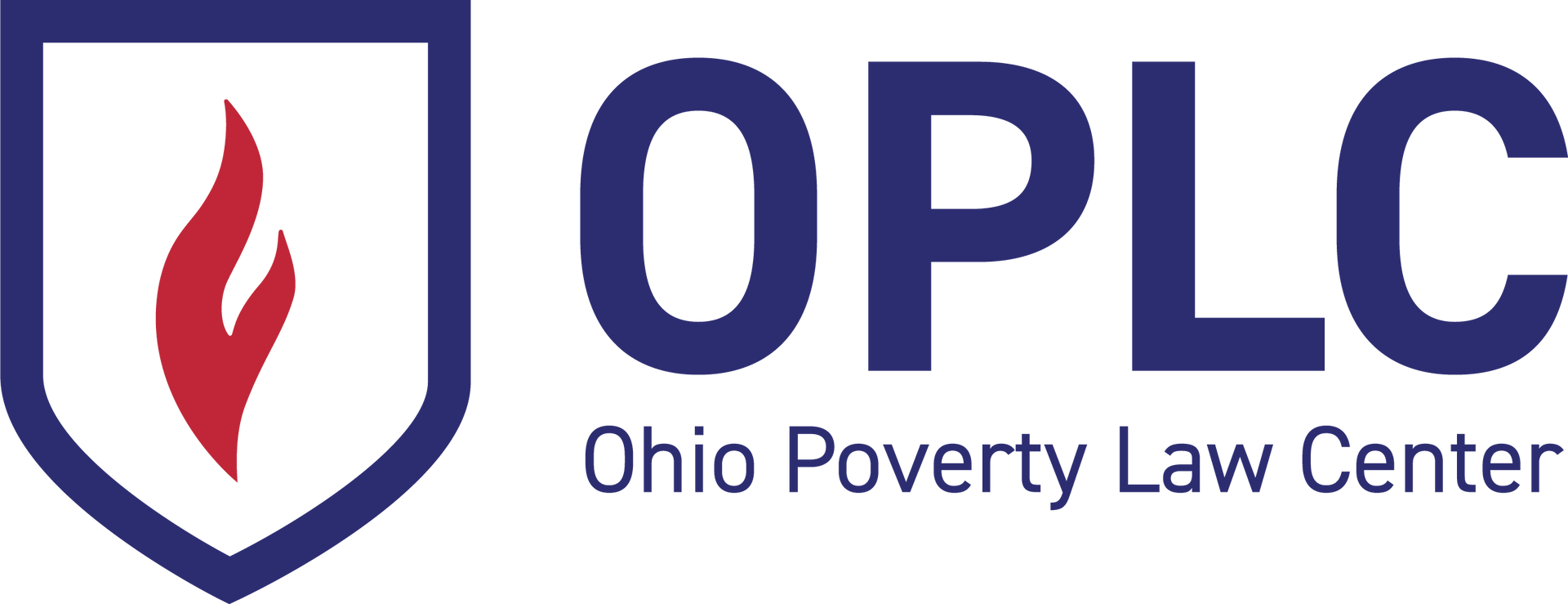The Emergency Broadband Benefit Program (EBBP) was a short-term program to help lower the cost of broadband for low-income households during the pandemic. Fortunately, assistance will continue through the Affordable Connectivity Program (ACP). Created by the Infrastructure Jobs and Investment Act, the program provides qualifying households a discount of up to $30 per month from a participating provider’s bill. Some participating providers are offering an additional benefit of up to a $100 discount off the purchase of computers or tablets.
Households qualify for the ACP through participation in a number of public benefit programs or having a household income of up to 200% of the federal poverty guidelines. This includes households with children eligible for free or reduced-priced school lunch.
Federal Communications Commission data shows 402,865 Ohioans participated in the EBBP. It is estimated that more than one million Ohio households would likely qualify for the new federal program to cover some of the cost of home internet services.
